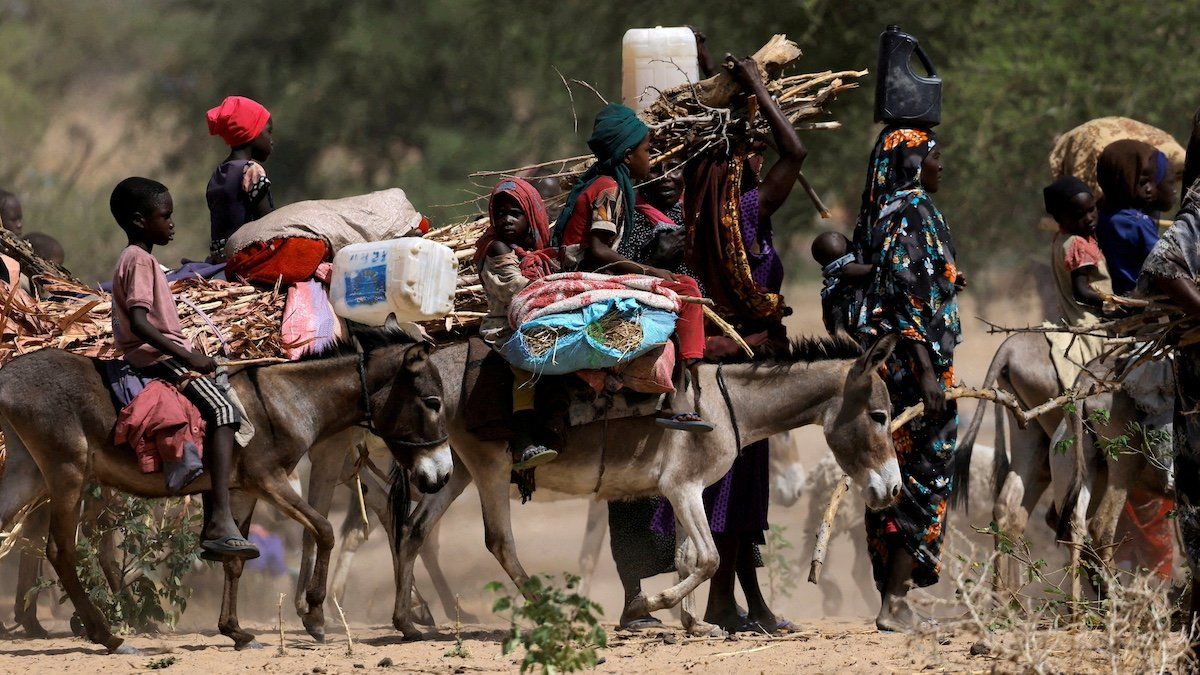Genocide once again threatens to devastate Darfur as the Sudanese Rapid Support Forces encircle El Fasher, the last city in North Darfur not under the paramilitary group’s control.
The United Nations warned this weekend of imminent attacks on El Fasher’s 800,000 residents and hundreds of thousands of refugees displaced by Sudan's year-long civil war, a situation that human rights investigators describe as having the potential for“Hiroshima- and Nagasaki-level casualties.”
A spokesperson for UN Secretary-General António Guterressaid, “The world must act swiftly to prevent a potential genocide in the region.”
Eight and a half million Sudanese have been displaced since conflict broke out in April 2023, with 25 million at risk of famine nationwide. The RSF has been accused of massacres and mass rapes, most notably in the West Darfur capital of El Geneina, where 10,000-14,000 people were killed inethnically targeted attacks last year against Black African Masalit and other non-Arab civilians.
Now, echoes of Darfur’s
2003 famine, which stemmed from the same ethnic conflicts, have resurfaced – but with
competing conflicts in Gaza and Ukraine, aid workers fear the world once again will not pay attention until it is too late.
